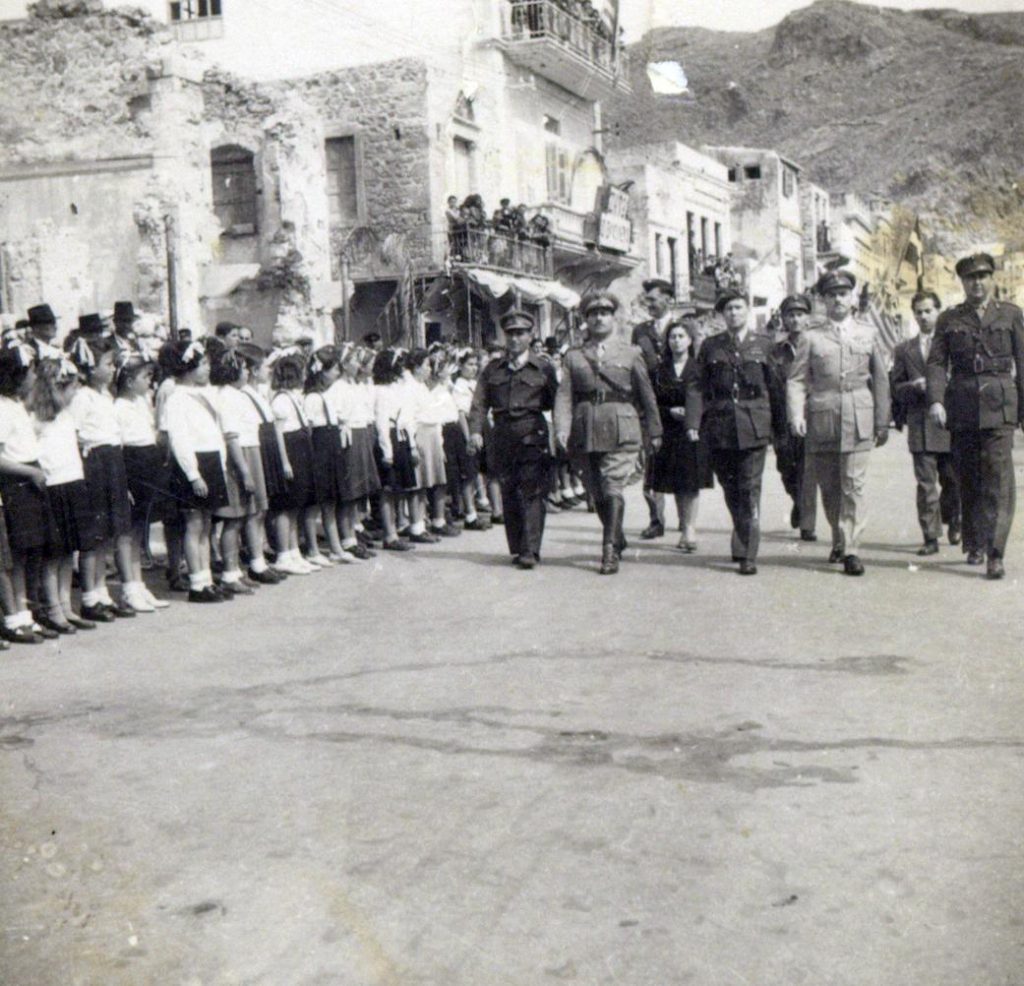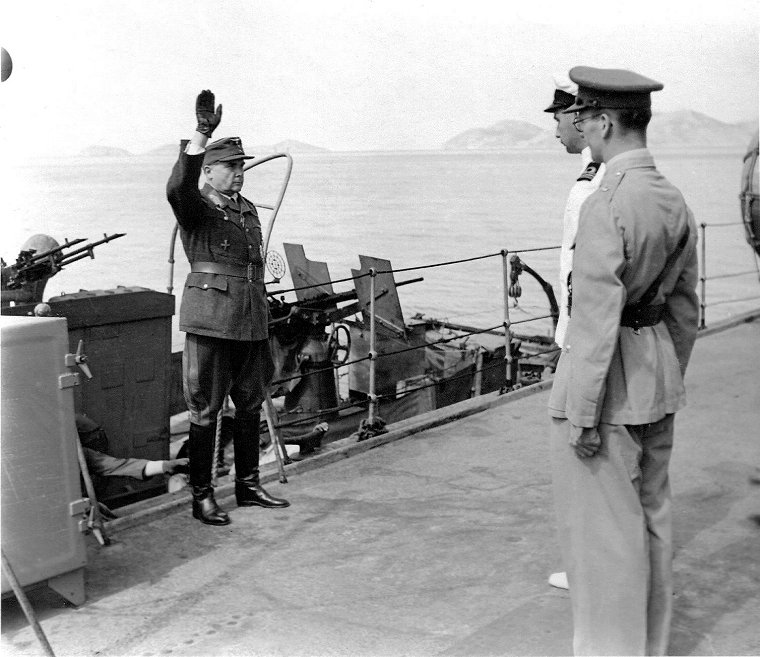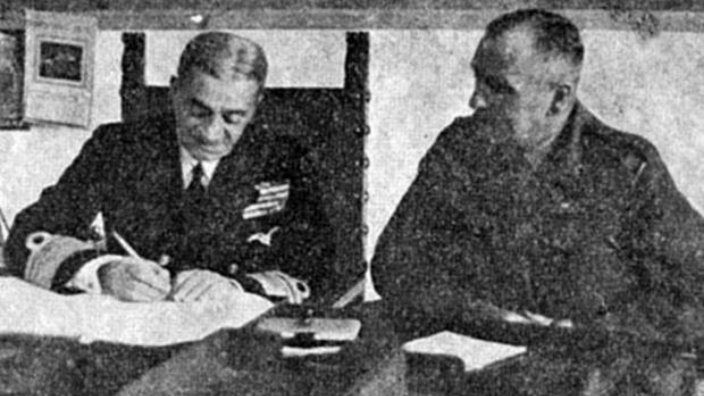On March 7, 1948, the Dodecanese islands entered a new chapter in history by becoming the last areas to join Greece after the War of Independence in 1821.
To mark the day, we take a look at the history of reunification.
Unification with Greece:
The fifteen main islands and 93 islets — not just twelve as their name suggests — of the modern Dodecanese island chain have always been known as a cultural and political crossroads.

Ever since antiquity, the islands have had many differing forms of government, even repressive military occupation.
In 1923, Italy annexed the islands under the Treaty of Lausanne and later, Mussolini began a policy of Italianization.
After the capitulation of the Italians in 1943, Nazi Germany took control and maintained its tight military grip on the islands all the way to the end of WWII.

After Germany’s defeat, the islands passed into British hands and in 1947 a Treaty of Peace between Italy and the victorious powers finally transferred them to Greece, along with $105 million in reparations.
The handover ceremony of the Dodecanese to Greece by the British authorities took place on March 31, 1947 in Rhodes in a festive atmosphere.
The official ceremony of integration took place on March 7, 1948 and in 1955, the Dodecanese became a prefecture with Rhodes as its capital.
Source: San Simera.

